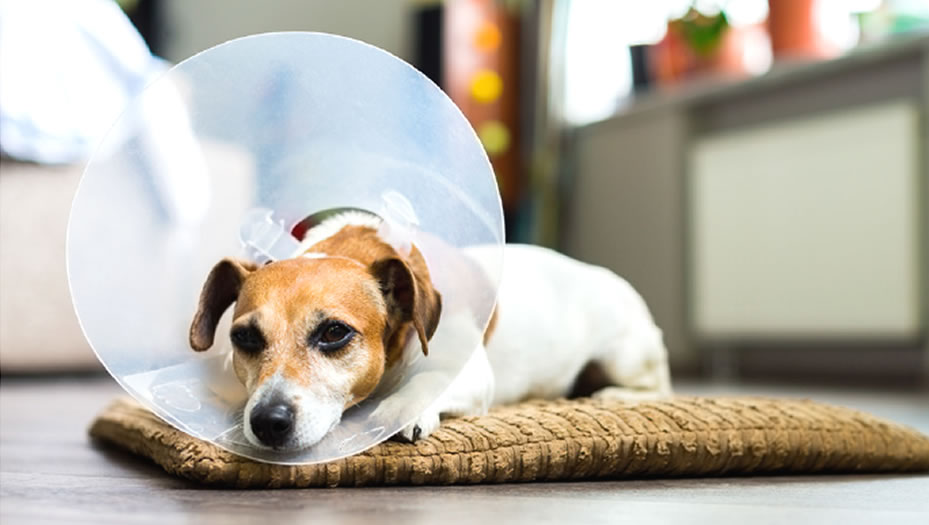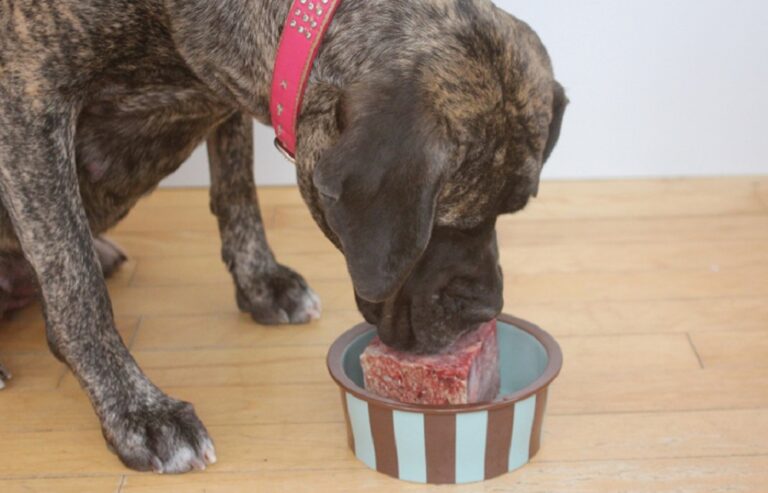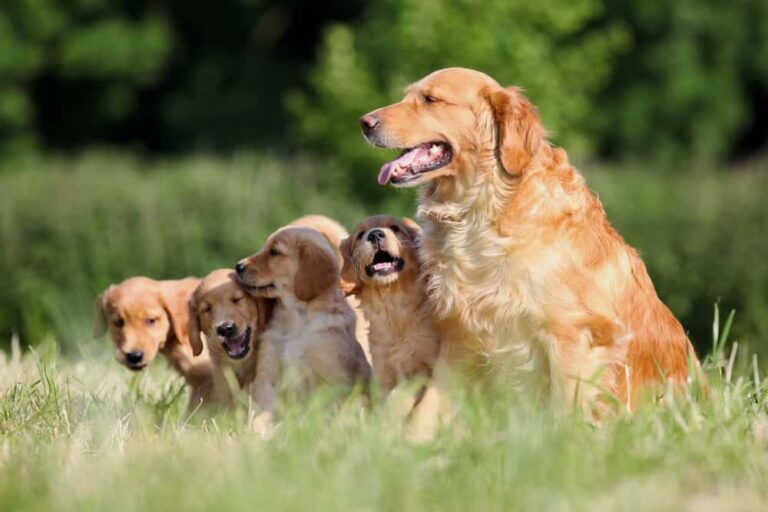
How do you convey to your furry precious that it has done a great job, particularly if you desire your pet to repeat the good behavior?
Properly training your dog is crucial in ensuring a positive ownership experience. Failure to do so can result in various issues, such as undesirable behaviors and property damage, among others.
Pet training should not be inherently difficult if you approach it correctly. The most efficient approach to training entails utilizing positive reinforcement, involving rewarding good behavior. This method has been proven to yield the best results.
While puppy training can help ensure responsiveness and safety in unfamiliar situations, there is still no way to eliminate risks. This is one reason you should consider being prepared with pet health insurance. With cheap pet insurance, your furry baby will be covered for accidental injuries, sickness, and medical emergencies at affordable costs.
Contemplate purchasing a policy. In the meantime, read this article to learn how to reward your puppy for showing good behavior.
1.Food rewards
As you may have discovered, dogs are highly motivated by treats and eagerly respond to them. The slightest noise made by opening a treat bag can attract your pupper’s immediate attention.
Food rewards can also be efficiently used when teaching your furry companion new tricks. However, it’s essential to exercise caution and avoid creating a dependency on them in your dog’s training.
To avoid inadvertently training your pup to perform desired behaviors solely in exchange for treats, it should respond to your commands regardless of receiving a reward. To achieve this, gradually reduce the reliance on food rewards once your pup grasps the new trick.
2.Play sessions
Similar to many other dogs, your furry friend probably gets excited when you grab the leash. Once you have successfully phased out food rewards during training sessions, you can introduce prolonged outdoor play sessions or adventure sports as healthy alternatives to reward. This serves as a motivating incentive for your dog and reinforces positive behavior.
If your usual routine involves taking your poochie for a brief walk in the neighborhood, consider adding a lap or incorporating a game of fetch in your yard as a reward. This extended activity can be highly motivating when combined with potty training efforts. It provides additional stimulation and reinforces positive behavior in your furry pet.
3.Dog toys
While it is true that not all dogs are equally interested in toys, if your dog happens to enjoy playing with them, they can serve as a great alternative to using food rewards during training.
Toys can be used as a form of motivation and reinforcement when teaching new behaviors or tricks to your dog. By incorporating playtime with toys, you can effectively encourage and reward your dog’s positive behavior without relying solely on food rewards.
Successfully transitioning away from food rewards involves being creative and resourceful when introducing alternative rewards. This helps to sustain your dog’s interest and motivation, ensuring that they continue to perform well.
Explore various reward options like playtime, praise, attention, or other incentives that resonate with your puppy, to maintain engagement and reinforce positive behaviors. Excessive food rewards can also lead to various physical health issues in your furry baby.
Consider being equipped with pet health insurance so you are more prepared to tackle unplanned vet costs more effectively. Cheap pet insurance policies allow you to provide your pupper basic health care at economic costs, which is why you must contemplate purchasing a policy.







